U.S. Stock Market Turmoil, A-Shares Surge, but Tesla Chooses to Repatriate Funds
![]() 03/17 2025
03/17 2025
![]() 686
686
Reflecting on the week's auto stock performance reveals the dynamic shifts within the automotive market.
The new administration, often referred to as the "King of Understanding," has wasted no time in vigorously pursuing the MAGA (Make America Great Again) plan. A series of seemingly bold executive orders were swiftly issued, and the stock market promptly responded. By Thursday's close, the Nasdaq index had plummeted nearly 5%, prompting a surge in the price of safe-haven gold.
In addition to the surging price of gold, the A-share market has also shown an upward trend, emerging as one of the few safe havens for investors amidst global uncertainty.
As of Friday's close, both markets recorded positive trading sessions. The Shanghai Composite Index rose 1.81% to 3,419.56 points, the Shenzhen Component Index gained 2.26% to 10,978.30 points, and the ChiNext Index surged 2.80% to 2,226.72 points. Total trading volume for the day across both markets amounted to 1.8128 trillion yuan, marking a 12% increase from the previous day. Nearly 4,500 stocks closed in the green, with 98 stocks hitting their daily limits, highlighting the overall positive market sentiment.
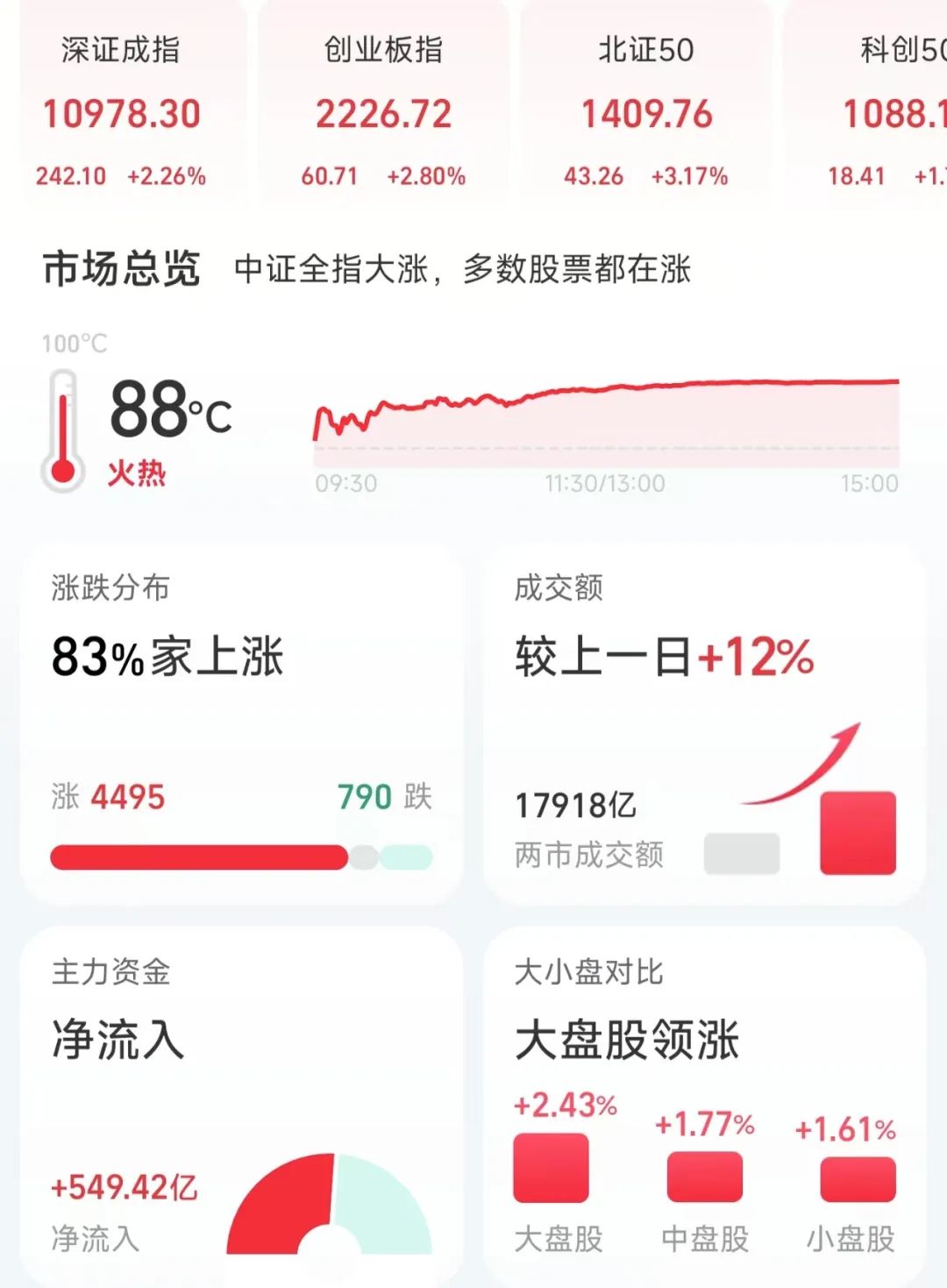
Backed by a suite of supportive policies, the domestic market has exhibited robust vitality, with sectors such as mass consumption, artificial intelligence, and autonomous driving emerging as market favorites.
In the face of a rising market, main funds have continued to increase their allocations, recording a net inflow of 54.9 billion yuan. Despite a decrease in northbound capital inflows, these funds aggressively bought 17.5 billion yuan worth of shares, with a heavy emphasis on stocks like Kweichow Moutai, Contemporary Amperex Technology Co. Limited (CATL), and BYD, which displayed notable upward momentum.
Notably, BYD's share price surged by over 6% in a single day, reaching 375.94 yuan per share, and its market capitalization recovered to 1.14 trillion yuan. On March 11, BYD announced the issuance of 130 million new H-shares on the Hong Kong stock market, raising 43.3 billion Hong Kong dollars.
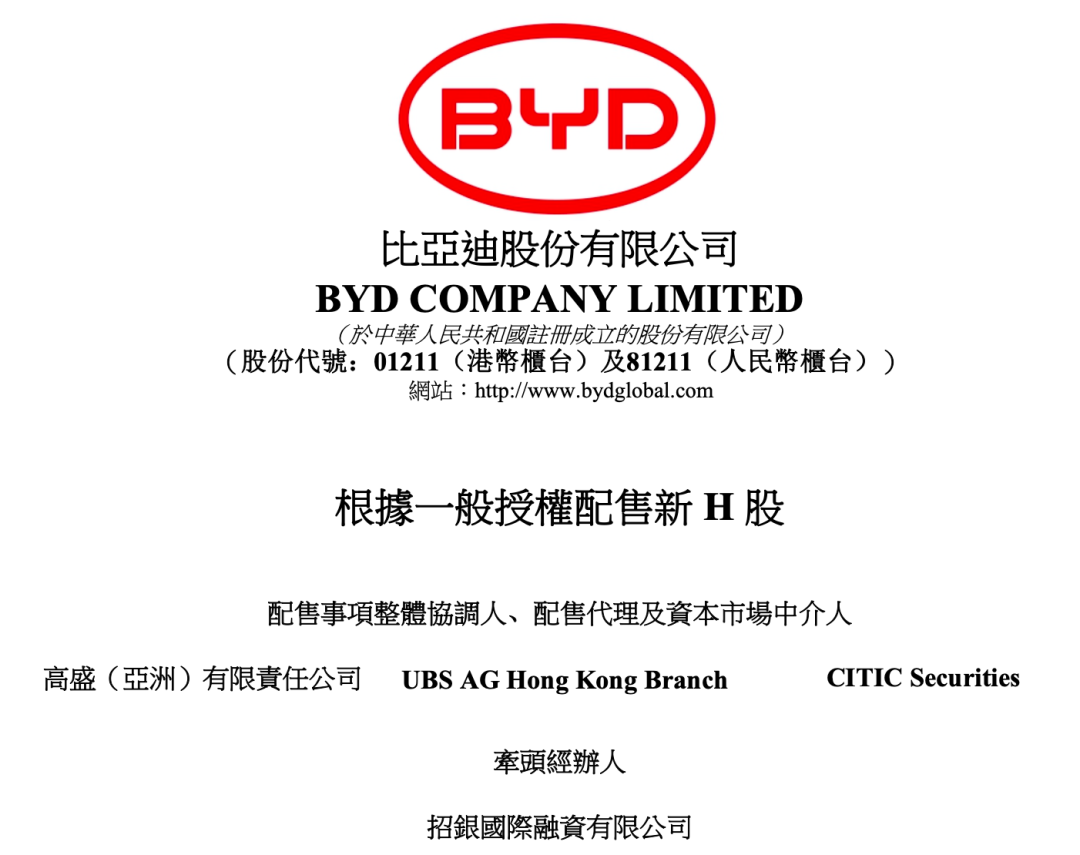
BYD's funding issues have long been a subject of debate. On one hand, BYD has emerged as China's top-selling new energy vehicle brand, with its operating scale expanding rapidly, leading to a high debt ratio and significant financial pressure from its rapid expansion. On the other hand, BYD's share price has been less responsive to market reactions compared to other new energy automotive stocks. Despite annual sales of one million units, certain development trends have had minimal impact, while negative news tends to be exaggerated.
By issuing new shares in Hong Kong, BYD raised approximately 40 billion yuan, significantly reducing its debt ratio and alleviating financial pressure. Additionally, financing through the stock market benefits the entire new energy vehicle industry. Consequently, BYD's share price soared, reflecting the capital market's optimism towards the company.
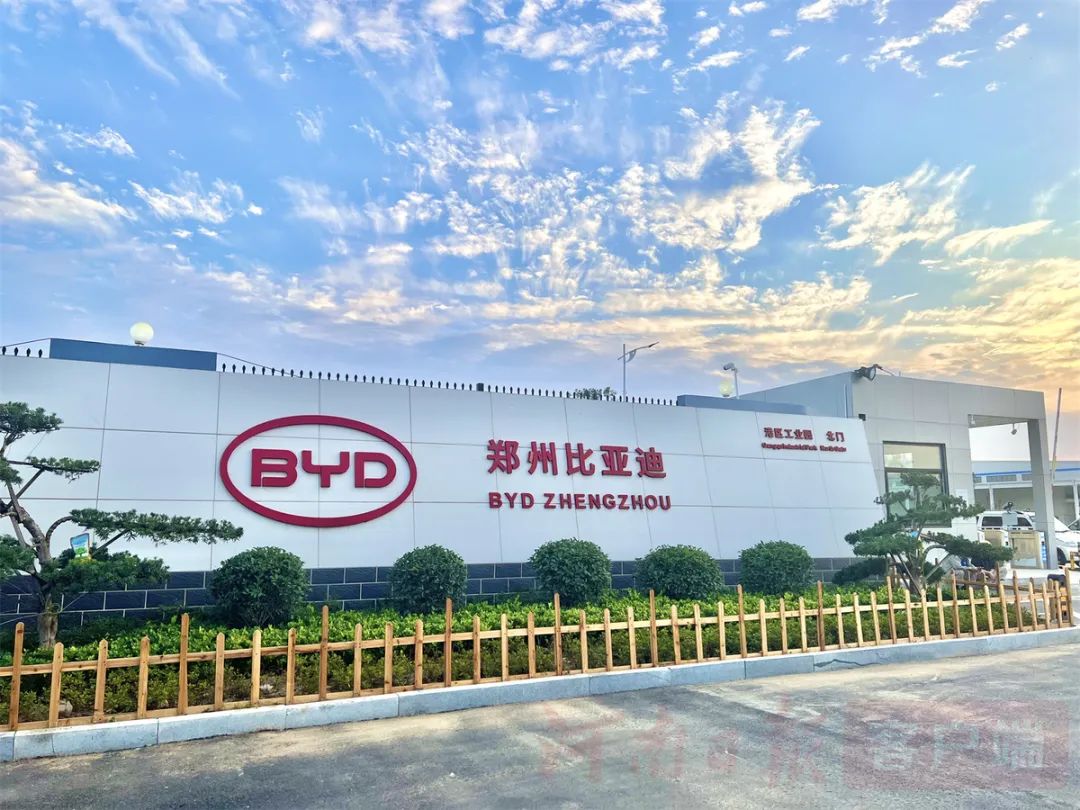
While BYD in the East continues to thrive, the share price of Tesla, once the world's leading new energy brand, has taken a hit. Amid the "Black Monday" on the Nasdaq, Tesla's share price plummeted by 15%, halving from its historic high.
This decline may be attributed to the close relationship between Elon Musk, Tesla's CEO, and the President. Under the influence of Trump's continuous tariff hikes and his push for manufacturing to return to the United States, Musk, who has been actively building factories overseas, chose to increase his support for Trump. Various sources indicate that Musk plans to donate another 100 million US dollars to the Trump campaign.
In return, on March 11, Trump received Musk at the White House, where Musk was promoting Tesla cars. The President personally bought a Tesla Model S for 80,000 US dollars, expressing his support for Musk. Trump's endorsement led to a 3.8% rise in Tesla's share price that day, bucking the overall market trend.
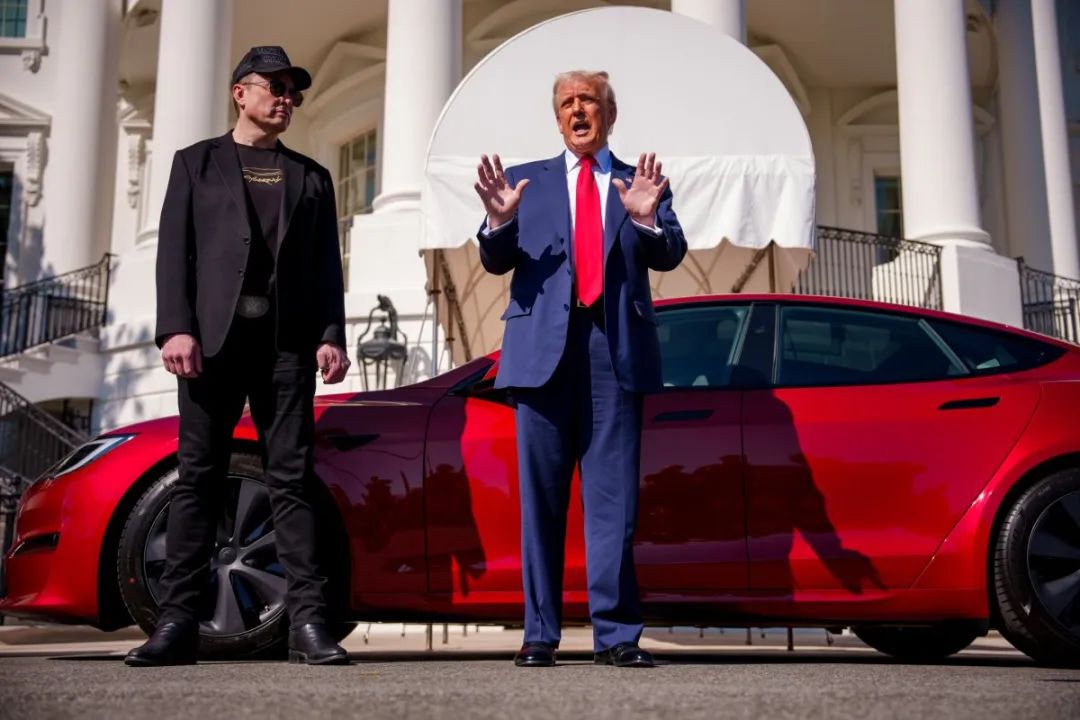
Trump has historically held a negative stance towards new energy vehicles, repeatedly criticizing the previous administration's support for the sector. His high-profile purchase of a Tesla appears more as a gesture to support Musk, a loyal ally.
As a new representative of American manufacturing, Tesla faces dual pressures. Firstly, it must support the President's plan for manufacturing to return to the US and increase local investments. During his meeting with President Trump, Musk stated that local production capacity would double within two years. Currently, Tesla's production capacity in the US stands at 1 million units, which will rise to 2 million units within two years, posing a significant challenge given Tesla's declining sales in 2024.
More importantly, under Trump's continuous tariff hikes, Tesla may become one of the first American companies to face retaliatory measures. Tesla is acutely aware of this issue and sent a letter to the Trump administration on behalf of the company, stating that if the current US tariff policy persists, Tesla could become a target for counterattacks against the US by other countries. In the letter, Tesla urged the US government to "consider US exports" when implementing trade measures to avoid harming American businesses.
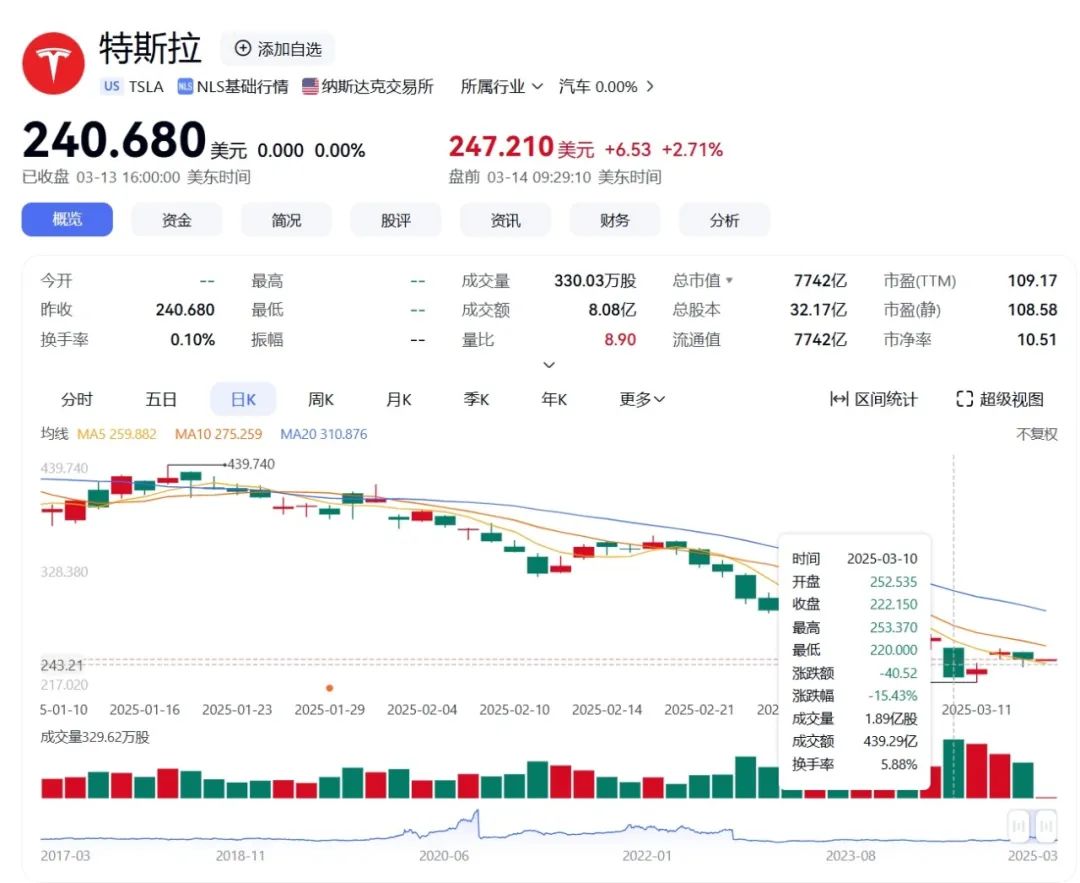
In China, the only growing market for Tesla in terms of sales, the company also faces considerable challenges. With the introduction of FSD (Full Self-Driving) in China, domestic automakers can finally compete with Tesla on home turf. However, in various tests, FSD, which performed well in North America, appears somewhat out of place in China and fails to outperform local automakers.
Many analysts believe that the lack of training on domestic road data leads to a decrease in FSD's performance, which may improve over time. However, given that actual data and algorithm servers are separated by vast distances, it is challenging for Tesla to ensure that domestic road data is sent to the US for training while complying with regulations. Unless Tesla invests in building another computing center in China, this issue may persist.
As artificial intelligence drives industrial development, data security becomes increasingly critical. Apple's AI strategy in the Chinese market can only succeed through cooperation with local enterprises to ensure data compliance. Relying heavily on AI, FSD faces significant challenges in the Chinese market.
In the face of competition in the Chinese market, Tesla currently lacks effective strategies. The refreshed Model Y may no longer be a game-changer, as evidenced by the performance of the refreshed Model 3. Rumors suggest that Tesla is pinning more hopes on a smaller model to salvage its position in the Chinese market.
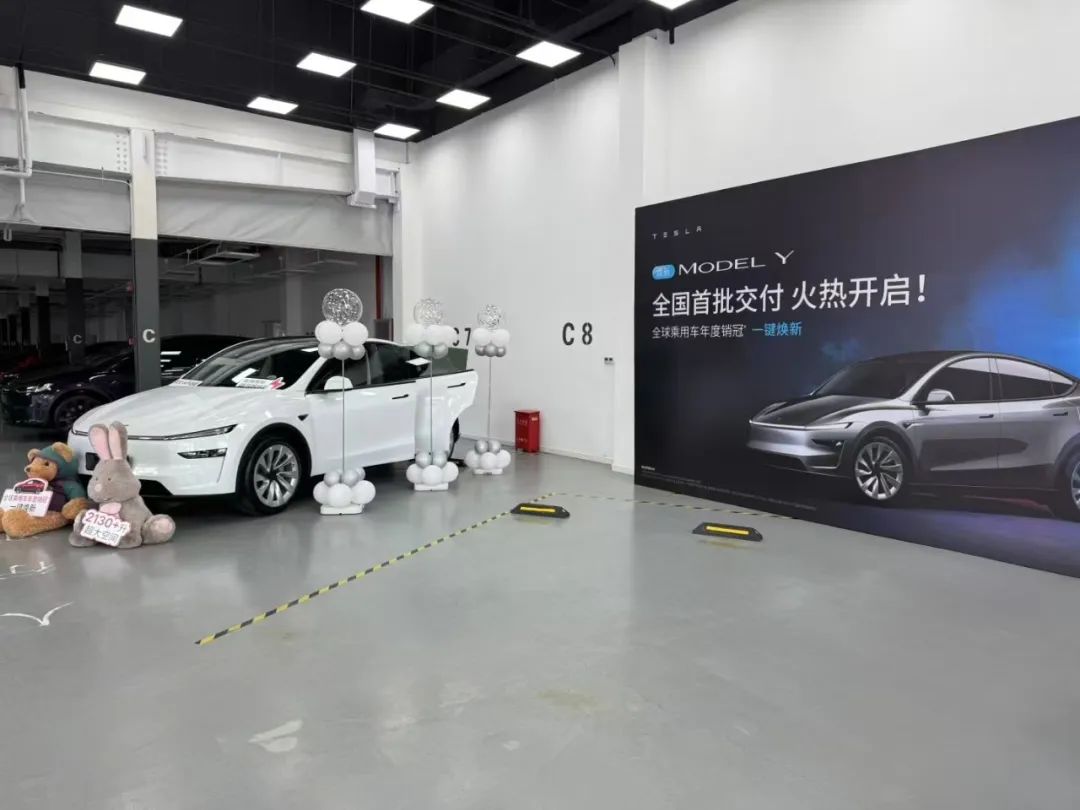
Amidst the market fluctuations among new energy giants, Xpeng Motors, the fastest-growing new entrant, has seen its share price deviate from market performance. On the evening of March 13, Xpeng held a spring press conference, announcing the new G6 and G9 replacement models.
As the second-generation products following Xpeng's reform, both models showcase significant upgrades, and the number of large orders attests to their market competitiveness. However, the stock market did not respond positively, with Xpeng's share price falling by 3.56%. This trend was echoed in Hong Kong stocks the following day.
Against the backdrop of a general rise in the Hong Kong stock market's automotive index, Xpeng Motors' share price decline stood out, contrasting sharply with the company's previous surge. On March 12, Xpeng's share price peaked at 106 Hong Kong dollars per share but plummeted after the press conference, leaving investors puzzled.
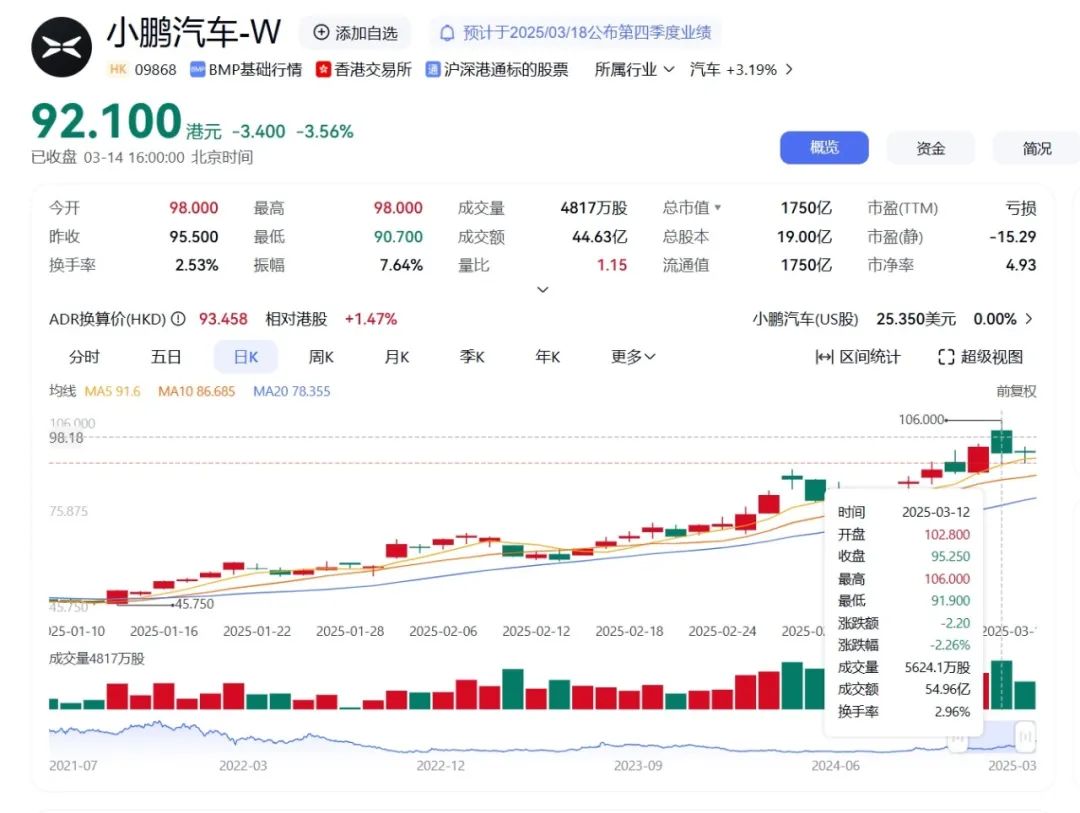
In online discussion groups, many shareholders have transformed into professional analysts. Some argue that the pricing of the new products is insufficient, while others suggest that investment institutions are shorting Xpeng. The situation is complex, but perhaps this is the inherent charm of the stock market.
Amidst global market turmoil, the stable and positive development of the domestic economy has attracted capital to a new safe-haven market. This further demonstrates that, amidst the wave of new energy, the Chinese market, as a global leader in new energy vehicles, has emerged as the best investment hotspot. The continuous influx of funds serves as a vote of confidence, choosing the most promising market.
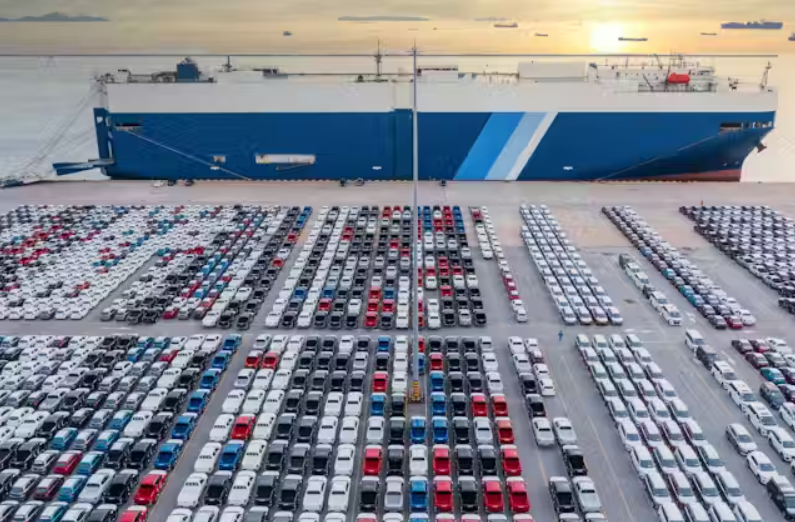
Note: Some images are sourced from the internet. In case of any infringement, please contact us for removal.







